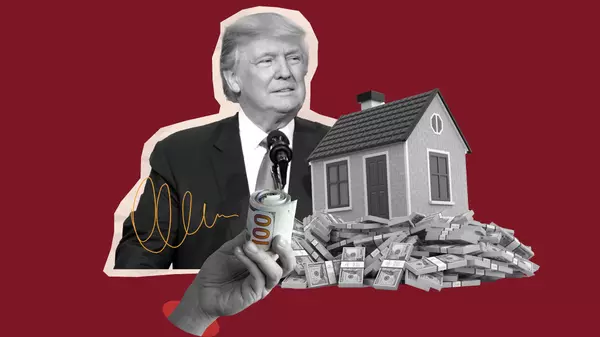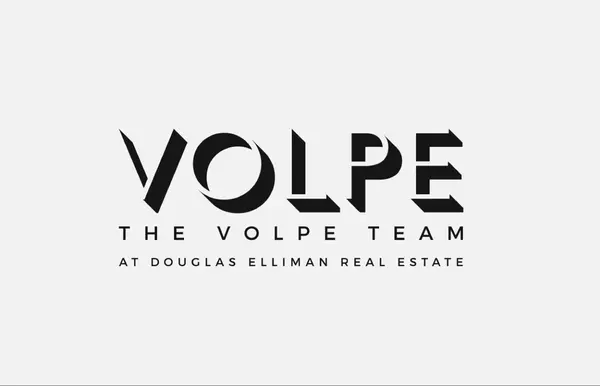Mortgage groups push FHA for loss mitigation extension
A coalition of six organizations representing mortgage companies and borrowers has sent a letter to the Federal Housing Administration (FHA), urging the extension of the current loss-mitigation waterfall to February 2026 while updates to the agency’s servicing handbook are discussed and implemented.
In late November, the FHA proposed updates to its permanent loss-mitigation options based on lessons learned from its temporary policies implemented during the COVID-19 pandemic. At the time, the FHA indicated it would give stakeholders an extension to the current April 30, 2025, deadline.
“Because the draft handbook covers a broad range of topics and includes new options, a substantial implementation time window is necessary even though many parts of the draft are familiar,” the letter stated.
The coalition includes the American Bankers Association, Center for Responsible Lending, Housing Policy Council, Mortgage Bankers Association, National Consumer Law Center and National Mortgage Servicing Association.
FHA’s proposal outlines several options to borrowers struggling with mortgage payments, whether they can resume payments or not. The draft includes standalone partial claims, a 40-year loan modification and a payment supplement partial claim.
The coalition requested the FHA to maintain a streamlined loss-mitigation process and avoid returning to a document-heavy system. They also advocated for a unified process to address all types of hardships — job loss, natural disaster and others — simplifying implementation for mortgage servicers.
The FHA proposal also introduces “guardrails” to ensure home retention for borrowers who can sustain monthly payments, such as a three-month trial payment plan, which the trade groups said is better than using a full documentation process.
The coalition expressed support for the FHA’s payment reduction strategy, aligning it with practices used by Fannie Mae and Freddie Mac.
“Research has shown that targeting a reduction in monthly payment, which does not require a comprehensive evaluation of the borrower’s financial situation, is more effective at reducing redefaults than meeting an income-based affordability target,” the letter stated.
The FHA’s proposed updates come as mortgage delinquency rates have climbed in recent quarters, particularly within the FHA portfolio, driven by macroeconomic pressures, natural disasters, and rising property insurance premiums and taxes.
In early December, the FHA announced the implementation of modern borrower default engagement practices, enabling remote and electronic communications between mortgage lenders and defaulted borrowers. This initiative aims to expand borrower-lender interactions, building on the success of remote communications during the COVID-19 pandemic.
Categories
Recent Posts










